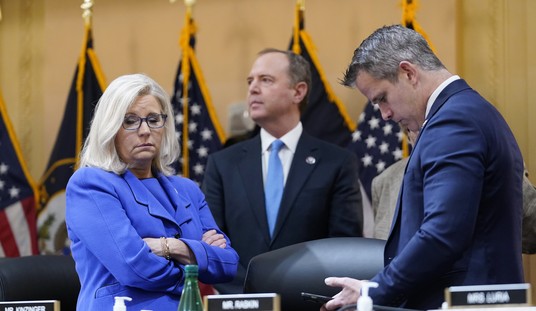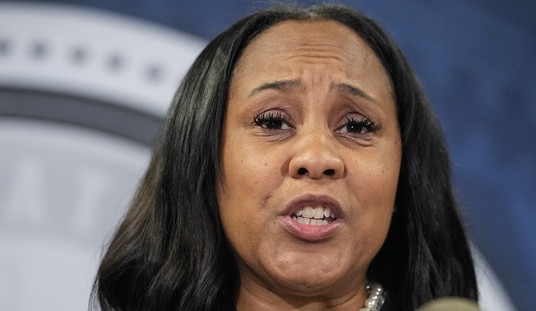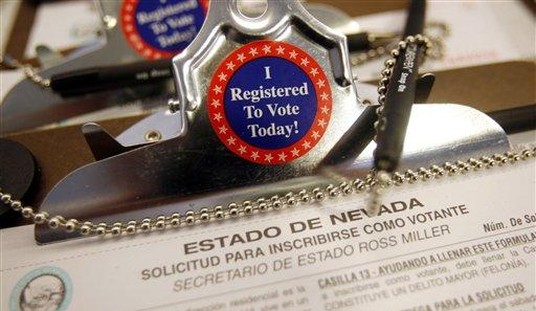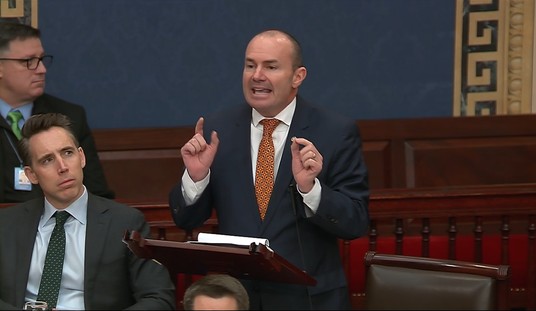Left to its own devices, the oil industry is its own worst enemy. Relatively low barriers to entry have made the industry freely competitive. The reward goes to the quickest and the most efficient companies; just like in a Gold Rush, we remember the big winners and quickly forget the also-rans. Since the days of Colonel Drake, Patillo Higgins and Dad Joiner, twas ever thus.
The consumer ultimately benefits from a profitable and efficient energy business in the form of affordable and abundant energy supplies. This is because energy is essentially a “grow or die” business. An oil company that does not efficiently replace its production with new reserves is essentially holding a “going out of business sale” with every barrel of oil it produces.
The effort to replace reserves is funded out of profits.To hear the press or Leftist politicians speak, you would think that oil industry profits are a problem, a problem that desperately needs a government solution (read: higher taxes).
The popular notion seems to be that oil companies see the accumulation of profit as an end in itself. They imagine ExxonMobil executives at play in a Money Pit of filthy lucre reminiscent of Scrooge McDuck’s:
In fact, oil company profits are mostly used for two things:
- Capital investment to replace reserves.
- Paying dividends to the owners. Who owns oil companies? Executives own 1.5%. The remainder is owned by, well, you and me:

Ninety-three percent of domestic wells are drilled by “independents”, the smaller non-integrated companies represented by the Independent Petroleum Association of America (IPAA). Smaller companies are less inclined to pay a large dividend; IPAA studies suggest that independents typically reinvest 125 to 150% of their profits (net income) in an effort to grow.
The best current example of this free market dynamic in action is in the active shale gas plays across the country. Success of new technologies has led to a glut of natural gas on the market; for the consumer, this means plentiful supplies of gas, and stable prices in the range of $4.00 to $4.50 per million BTU, about a quarter of the current cost of an oil BTU. Many observers consider the current market prices of gas lower than the average cost of finding and developing that gas, suggesting a long-term unsustainable business model for the “average” company. Ultimately, the survivors will be the companies who can be significantly better than the average, through better efficiency, better technology or better business savvy.
The consumer gets gas at the lowest possible price because capital, presuming higher future prices, oversupplied the market. Supply goes up, prices come down. Econ 101.
One would think that if a market were prone to manipulation and control, the natural gas market would be an easier target than the oil market. For starters, it’s smaller and it’s almost completely domestic. “Big Oil” has a significant stake in natural gas, too; ExxonMobil’s recent $41 billion bet on natural gas has yet to pay off, and would benefit handsomely from higher gas prices. How is it that crafty XOM can manipulate the international oil market but not the domestic natural gas market?
The free market is the answer.
We’ve tried the government-centric route before. In the 1970s, Arab oil embargoes led to Nixon’s price controls and Carter’s Natural Gas Policy Act of 1978 and Windfall Profits Tax. Ironically, the biggest sustained “boom” I have experienced during my 33 year career was during 1978-1981, smack in the middle of the Carter years, when oil companies were government’s enemy and the energy crisis was “the moral equivalent of war“. It was only after President Reagan ended oil price controls and reformed the tax code that oil prices collapsed, to stay low for a generation.
The free market is the answer.
We have let our domestic oil supply situation deteriorate. The highest-potential prospective areas for new exploration are off limits. International oil trading is conducted in the ever-eroding U.S. dollar, which creates upward pressure on the oil price to keep our foreign suppliers whole. President Obama and the Senate have identified the profitability of five private companies (BP, Shell, ExxonMobil, ConocoPhillips and Chevron) as the problem. These companies have large profits, not because their profit margins are outrageous, but because they are huge companies. Increasing their tax liability will only discourage their reinvestment. Meanwhile, state-owned enterprises like Aramco (Saudi Arabia), Citgo (PdVSA – Venezuela), CNOOC (China) and Petrobras (significant ownership by Brazil) are allowed to operate freely in our markets, unaccountable to anyone other than their autocrats and oligarchs for their profitability.
Am I missing something?
Cross-posted at SteveMaley.com.
















Join the conversation as a VIP Member